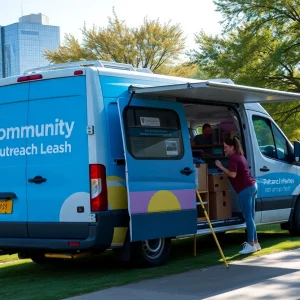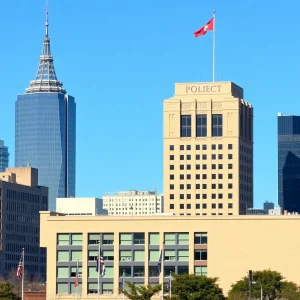Helping Veterans During Fourth of July Celebrations
Important Considerations for Veterans with PTSD
In the heart of Bowling Green, Kentucky, the community is gearing up to mark the Fourth of July festivities. A prime concern during this year’s celebrations is the wellbeing of veterans suffering from Post Traumatic Stress Disorder (PTSD), a condition affecting a significant number of former servicemen and servicewomen across the country.
National PTSD Awareness Day
Reflectively, June 27 is observed as National PTSD Awareness Day, a day committed to bringing attention to the struggles faced by our veterans. Tragically, PTSD can sometimes lead to dire scenarios, including suicide. Statistics suggest there have been upwards of 130,000 veteran suicides since 2001, making it the second leading cause of death among veterans under the age of 45.
The Need for Immediate Mental Health Assistance
Gerald Mounce, a renowned veteran and commander of local veterans association, passionately advocates the importance of seeking immediate help for PTSD. He stresses that there is no shame in asking for assistance in facing these mental health challenges.
Ignoring the Signs of PTSD: Statistics and Consequences
Unfortunately, many veterans’ struggles with PTSD escalate due to a lack of understanding and support. The staggering numbers of veteran suicides since 2001 serve as a solemn reminder of the severe mental health crises many veterans face upon returning to civilian life. The need for the ongoing provision of mental health support for these brave individuals is of paramount importance.
The Impact of Fireworks On Veterans with PTSD
As Fourth of July approaches, the revelries often include extravagant fireworks displays. However, the noise and surprises of these celebrations can potentially trigger PTSD episodes in veterans. The sudden, loud noises can recall traumatizing combat experiences, creating severe psychological distress.
Protecting Our Veterans
Recognizing these risks, Mounce advises that the people can protect those who have devoted themselves to protecting others. Providing veterans with a heads-up before setting off fireworks can significantly reduce the likelihood of triggering unwanted PTSD symptoms. Geeing a warning and allowing them to prepare themselves for the loud, sudden noises can make all the difference.
Resources for Support
For those living with PTSD or those who know someone struggling with it, there are several avenues to seek out help. Local support groups, helplines, and professional mental health services cater to the specific needs of veterans grappling with the aftermath of service-related traumas. The important thing is not to suffer in silence; help is available, and you are not alone.







